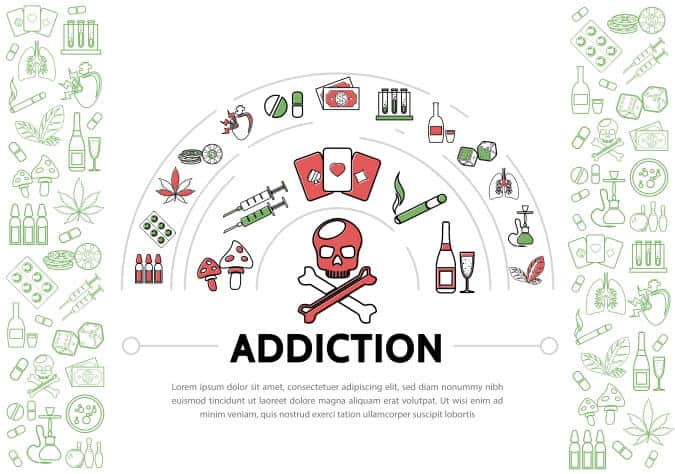Methamphetamine: The Risks and Consequences
Why meth?
Methamphetamine is an artificial stimulant which has comparable effects to cocaine. However, with methamphetamine, the effects last much longer. One can find methamphetamine in a powder, smokable or crystal like substance. Methamphetamine can be administered in a multitude of ways, either through snorting, ingesting, smoking or injecting. Through each of these ways, the intensity and duration of the high will differ.
For example, when smoking or ingesting the substance, there will be an instant rush. Whereas, snorting methamphetamine will produce a high occurring a few minutes later. Ingesting will take even longer. For most people that abuse methamphetamine, they will smoke the substance.
‘incredibly addictive’
Meth is an incredibly addictive drug, with many professionals deeming it the most difficult drug to stop using and maintaining sober from. The short term effect from taking methamphetamine leaves the user feeling powerfully euphoric and very alert. It creates an increased release of the feel-good neurotransmitter-dopamine in the brain. It also blocks the re-uptake of this chemical. Therefore this results in a temporary over abundance of dopamine which is responsible for much of the pleasure we feel in life. But, here it is created artificially.
The consequences
However, there are of course terrible negative side effects from using methamphetamine despite the euphoria, alertness and energy that can seriously damage one’s health. For example, a user can experience cardiac effects, including a dangerously elevated or irregular heart rate and very high blood pressure. Meth can cause heart failure, even in acute situations. It also is responsible for a very increased internal body temperature or potentially fatal convulsions. Brain cell toxicity is another consequence can leave the user brain dead. What is more, those that are high on meth have shown to have incredibly impaired judgement. They are much more at risk of precarious sexual activity and other potential dangerous activities.
‘inability to feel any happiness’
It is only rarely that meth creates death. The real devastation of the drug is seen when evaluating the health and wellbeing of chronic users. For a regular and chronic user methamphetamine will destroy the body and mind much faster than just about any other drug. Some of the many long term health consequences of meth abuse and addiction are abundant. There are emotional problems which can occur. The addict will have an inability to feel any happiness or pleasure without using the drug due to the damaged dopamine production in the brain.
A meth addict will most generally be deficient from most vitamins and minerals due to their substance abuse. There is deprecation. Due to the intravenous use of meth, some users are at risk of HIV, skin infections and endocarditis. Meth users damage areas of the brain that regulate dopamine. These are areas essential to mood, memory, motor activity and cognitive function.
‘irreversibly damaged’
Reports have proven that once damaged by methamphetamine abuse, some of these functions cannot recover quickly enough for the body. Yet, others will never repair on time and are irreversibly damaged. Those who have suffered from methamphetamine abuse will find it very hard and a long road to recovery with many relapsing. However, with a good long term rehabilitation programme and dedication the addict will realise the incredible difference in their sober life compared to that of addiction.
Great care should be taken with methamphetamine, even if it is medically prescribed
The Haynes Clinic is a drug and alcohol rehab clinic which provides detox and treatment for alcohol and drug addiction.
Call 01462 851 414 for free and confidential advice.




